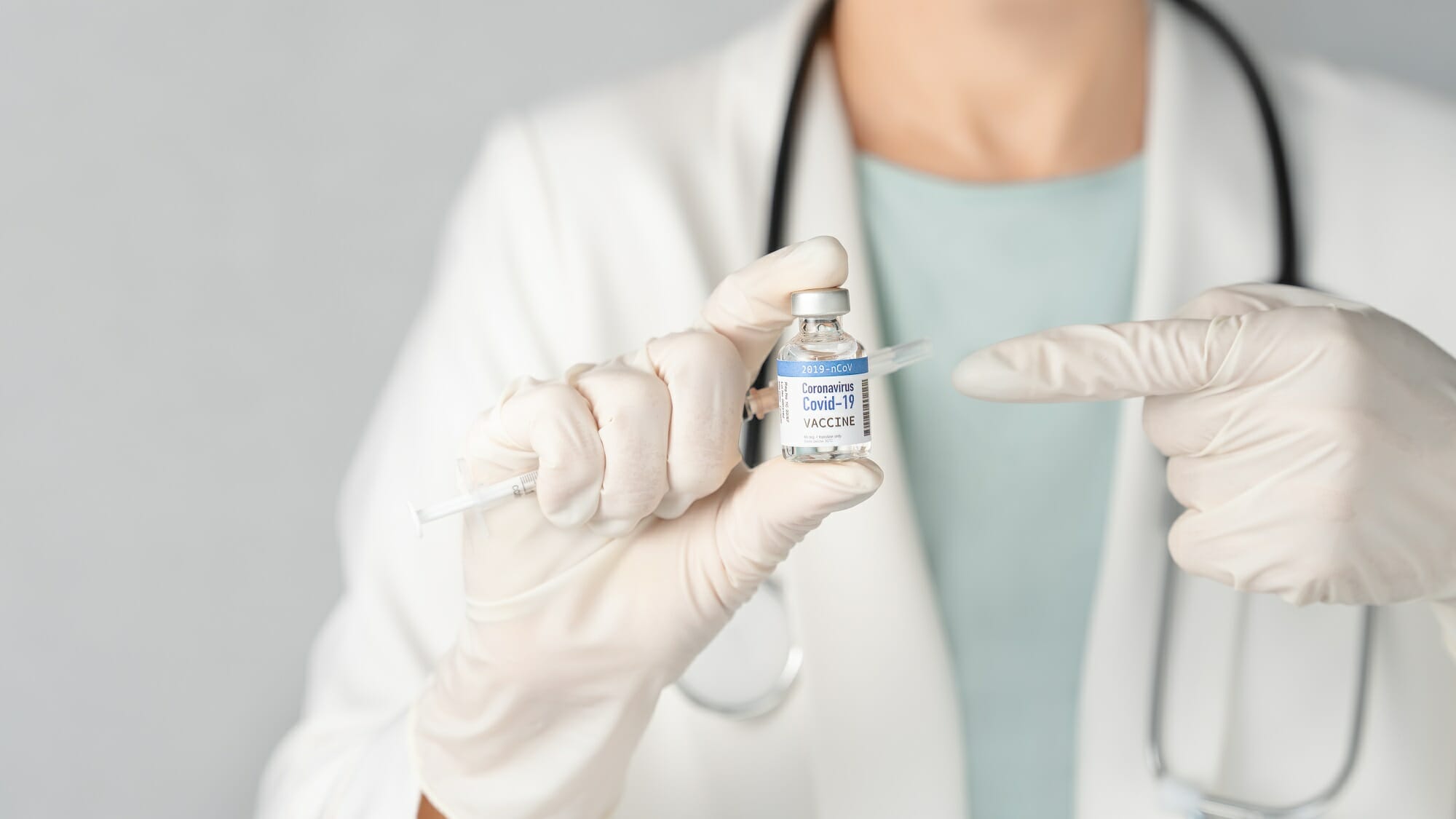A single dose of Ad5-nCoV, an adenovirus type 5 (Ad5) vectored vaccine expressing the SARS-CoV-2 spike protein, was found to be efficacious and safe for adults aged 18 years and older, according to results from a phase 3 trial published in The Lancet.
Between September 2020 and January 2021, researchers performed a double-blind, randomized, international, placebo-controlled, endpoint-case driven, phase 3, clinical trial (ClinicalTrials.gov, NCT04526990) to determine the safety and efficacy of the Ad5-nCoV vaccine. Participants were randomly assigned in a 1:1 fashion to receive either a single dose of the Ad5-nCoV vaccine or placebo. Eligible participants included those who were 18 years or older with no unstable or severe medical or psychiatric conditions, had no history of a laboratory-confirmed SARS-CoV-2 infection, were not pregnant or breastfeeding, and had not received an adenovirus-vectored, coronavirus, or SARS-CoV-2 vaccine.
The primary efficacy objectives were prevention of symptoms and polymerase chain reaction-confirmed SARS-CoV-2 infection at least 28 days after vaccination. Primary safety objectives were the incidence of any severe adverse event or medically attended adverse events following vaccination among all participants.
Continue Reading
The researchers assessed the effects of the Ad5-nCoV vaccine among a total of 21,250 participants; the median follow-up duration was 45 (IQR, 36-58) days. They found that a single dose of the Ad5-nCoV vaccine had an efficacy of 57.5% against symptomatic, PCR-confirmed SARS-CoV-2 infection at 28 days or more after vaccination (95% CI, 39.7-70.0; P =.0026). The researchers also performed a primary safety analysis among 36,717 participants. Results showed no significant differences in the incidence of severe adverse events among patients who received the Ad5-nCoV vaccine vs those who received placebo (0.1% vs 0.1%; P =.54), or in the incidence of medically attended adverse events (2.4% vs 2.2%, respectively; P =.30). There were no adverse events among participants in either group considered to be related to the Ad5-nCoV vaccine.
On analysis of participants included in the extended safety cohort, the researchers found that 63.5% of all participants who received the Ad5-nCoV vaccine (n=1582) and 46.4% of all those who received placebo (n=1572) reported a solicited systemic adverse event (P <.0001). The most common adverse events were headache followed by pain at the injection site.
This study was limited by the exclusion of children, women who were pregnant, and those who were immunocompromised. Other limitations included the small number of women and older children included in the study.
According to the researchers, “postimplementation monitoring for vaccine effectiveness and vaccine safety is necessary to further show efficacy in subpopulations that were under-represented… and to identify any rare adverse events that cannot be detected in the context of a clinical trial.” They concluded that the “[Ad5-nCoV] vaccine… can play an important part in the public health response to COVID-19, particularly in resource-limited areas of the world.”
Disclosure: Some authors declared affiliations with biotech, pharmaceutical, and/or device companies, and this research was supported by CanSino Biologics. Please see the original reference for a full list of disclosures.
Reference
Halperin SA, Ye L, MacKinnon-Cameron D, et al. Final efficacy analysis, interim safety analysis, and immunogenicity of a single dose of recombinant novel coronavirus vaccine (adenovirus type 5 vector) in adults 18 years and older: an international, multicentre, randomised, double-blinded, placebo-controlled phase 3 trial. Lancet. Published online December 23, 2021. doi: 10.1016/S0140-6736(21)02753-7
This article originally appeared on Infectious Disease Advisor
this content first appear on medical bag

